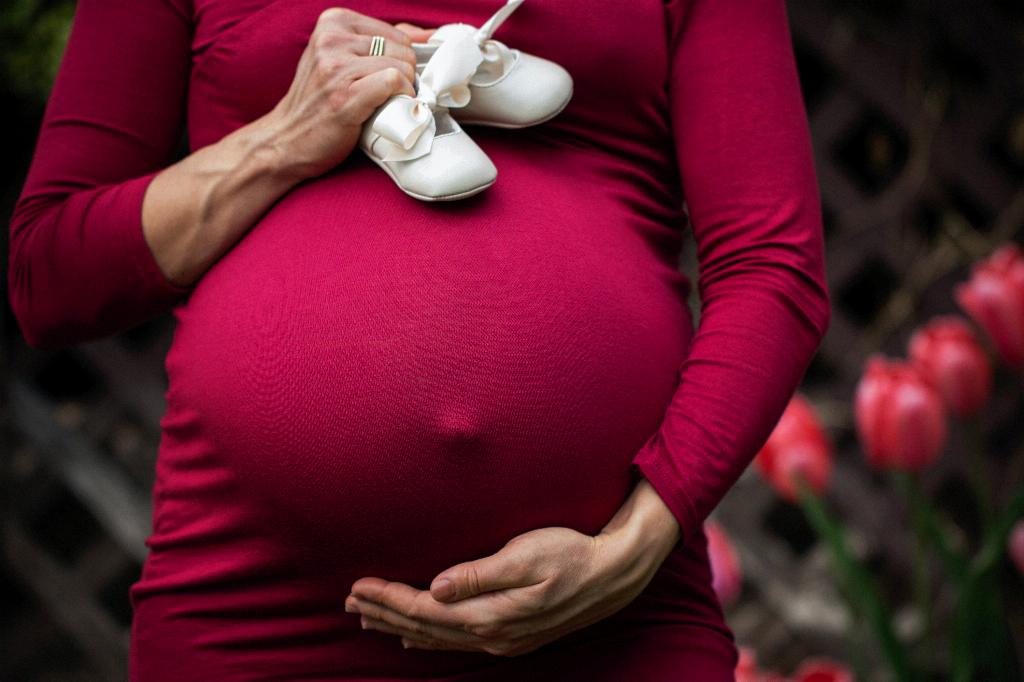Hot flashes, those sudden waves of heat and flushing that can leave you feeling clammy and uncomfortable, are often associated with menopause. However, many people might not be aware that hot flashes can also occur during pregnancy. It’s a lesser-known symptom that can catch some individuals by surprise. So, let’s delve into the question: How soon do hot flashes start in pregnancy?
Timing of Hot Flashes
Interestingly, hot flashes can make their appearance at any stage of pregnancy. While they are more commonly experienced during the third trimester, studies have shown that they can manifest as early as the first 20 weeks of pregnancy. In fact, research indicates that approximately 18% of individuals may experience hot flashes within this time frame.
Early Signs and Symptoms
Hot flashes are not the only early signs of pregnancy that individuals may encounter. Fatigue is another prevalent symptom that can often be experienced alongside hot flashes. The combination of these symptoms can make early pregnancy quite challenging for some individuals.
Causes of Hot Flashes in Pregnancy
The exact cause of hot flashes during pregnancy remains unclear. However, hormonal fluctuations are believed to play a significant role. During pregnancy, hormone levels undergo dramatic changes to support the developing fetus, and these fluctuations can impact the body’s temperature regulation, potentially leading to hot flashes.
Impact on Quality of Life
Hot flashes during pregnancy can vary in intensity and duration for each individual. While some may experience mild and infrequent episodes, others might face more severe and frequent occurrences. The discomfort and unpredictability of hot flashes can undoubtedly affect one’s overall quality of life during pregnancy.
Coping Strategies
Managing hot flashes during pregnancy can be challenging, but there are strategies that individuals can employ to alleviate their symptoms. Wearing lightweight and breathable clothing, staying hydrated, avoiding triggers such as spicy foods and caffeine, and practicing relaxation techniques can all help in reducing the frequency and severity of hot flashes.
Consulting Healthcare Providers
If hot flashes become particularly bothersome or are accompanied by other concerning symptoms, it is essential to seek advice from healthcare providers. They can offer guidance on managing hot flashes and ensure that there are no underlying medical conditions contributing to the symptoms.
Support and Understanding
Experiencing hot flashes during pregnancy can be a lonely and isolating experience, especially if those around you do not fully understand the challenges you are facing. Connecting with other pregnant individuals or joining support groups can provide a sense of camaraderie and reassurance during this period.
Postpartum Considerations
For some individuals, hot flashes may persist into the postpartum period. The body continues to adjust to the hormonal changes following childbirth, and hot flashes can be a lingering symptom for some new parents. Seeking support and guidance during this time is crucial for maintaining overall well-being.
Self-Care and Patience
As with many pregnancy symptoms, self-care and patience are key when navigating hot flashes. Understanding that these symptoms are a natural part of the body’s response to pregnancy and allowing oneself grace and compassion can make the journey more manageable.
Conclusion
In conclusion, hot flashes can start as early as the first 20 weeks of pregnancy for some individuals, though they are more commonly experienced in the third trimester. While the exact cause of hot flashes during pregnancy remains uncertain, hormonal fluctuations are believed to play a significant role. With the right strategies and support in place, individuals can better cope with hot flashes and other pregnancy-related symptoms, ultimately enhancing their overall well-being during this transformative time.

